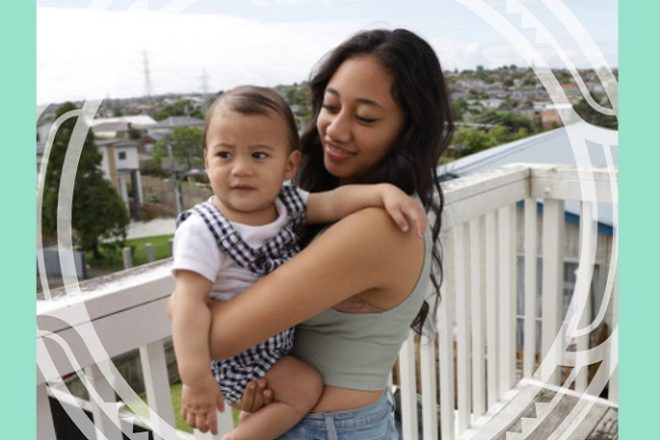World Immunisation Week is an opportunity to acknowledge the importance of vaccines in setting us up for a healthy life and further collective action still needed to protect New Zealanders from preventable disease, says a Te Aka Whai Ora/Maori Health Authority spokesperson.
The week runs from April 24 – 30, with a focus on the ongoing collective action that is needed to protect people against vaccine preventable disease.
Director-General of Health, Dr Diana Sarfati, says vaccines are among the most effective ways we have for protecting ourselves and others against disease.
“However, the reality is that vaccination rates are falling, here and globally, due in part to the ongoing Covid-19 pandemic.
Ongoing collective action is needed to protect people against vaccine preventable disease.
For World Immunisation Week this year, the World Health Organization is leading a global focus to catch-up on lost progress and reach the millions of children who missed out on vaccines, to restore essential immunisation coverage to at least 2019 levels.
In New Zealand, since 2017, childhood immunisation rates have fluctuated before trending downwards in 2020.
Māori also continue to have the lowest rate of immunisations at all milestone ages compared to the total population.
Te Whatu Ora – Health New Zealand Chief Executive, Margie Apa says immunising your child is one of the best ways to set them up for a healthy future.
Key facts about child immunisation in New Zealand:
For more information on immunising your child visit www.immunise.health.nz
Credit: sunlive.co.nz




























































